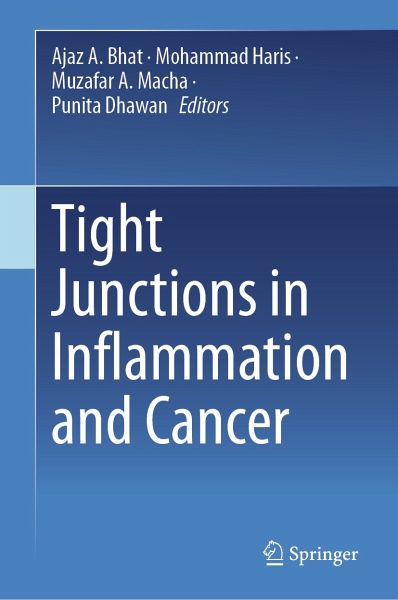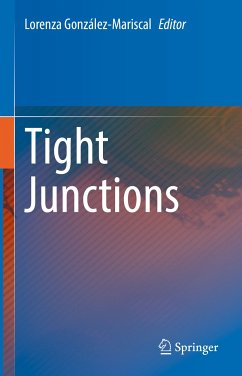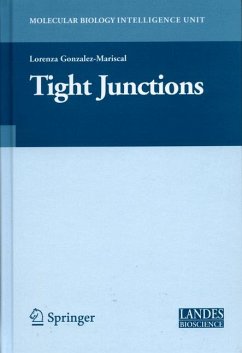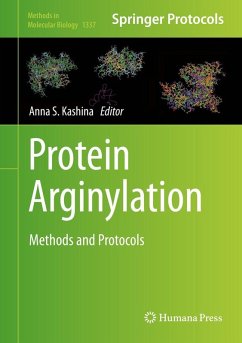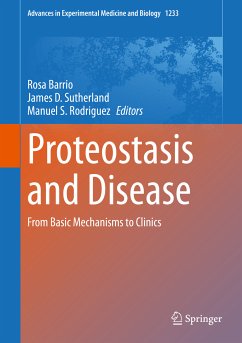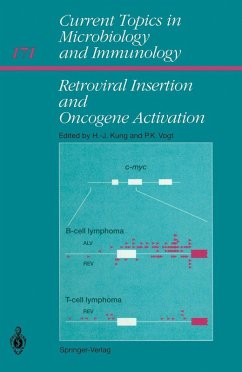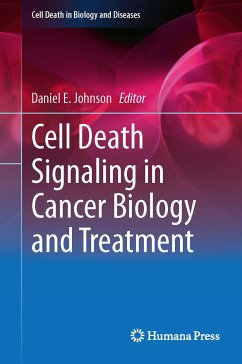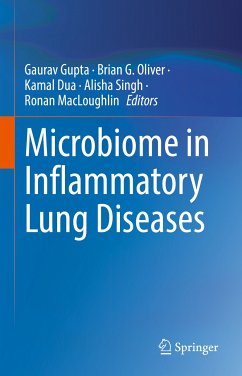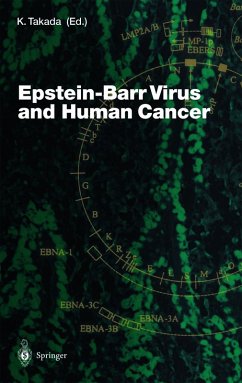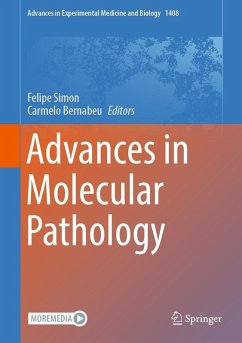Dr. Ajaz A. Bhat currently works as a staff scientist at Sidra Medicine, Qatar. He completed his Ph.D. in vaccine immunology from All India Institute of Medical Sciences, AIIMS, New Delhi, one of the premier medical institutes in India. After his Ph.D., he moved to Vanderbilt University Medical School (VUMS), Nashville, TN, USA, for a postdoctoral fellowship. During his eleven years of post-PhD training, he gained broad experience of the importance of tight junction proteins (Claudins) in intestinal homeostasis and colorectal cancer pathogenesis. In his second postdoctoral fellowship, he studied e role of bile acid induced APE1/Ref1 in the pathogenesis of esophageal cancer. Currently, his research focus is cancer metabolism, cancer imaging, cancer immunotherapy, drug resistance, Cancer Genetics, Obesity, and Diabetes. He has published his findings in reputed journals like Nature Communications, GUT, Oncogene, Cancer Research, and Molecular Cancer. He has received awards from the Immunology society and the American Association of Cancer research. Dr. Bhat was recently awarded as an outstanding researcher from Sidra Medicine. He is an active member of many Immunology and Cancer societies and serves in the editorial board and review committee of many peer-reviewed journals. Dr. Punita Dhawan is currently working as a Professor at the Department of Biochemistry and Molecular Biology, University of Nebraska Medical Center, Omaha, Nebraska, USA. Her research focuses on understanding the novel biomarkers and therapeutic targets for colorectal cancer progression and metastasis. The field of epithelial barrier physiology with specific consideration of claudin proteins was born in 1998, and in 2005 she published a ground-breaking finding that contrary to the conventional wisdom, an upregulated claudin-1 expression promotes sporadic colon cancer progression in JCI (J Clin Invest. 2005 Jul;115(7):1765-76). After that, her ongoing investigations to understand the molecular details of the role of this protein in the regulation of intestinal homeostasis and pathologies have resulted in publications in Gastroenterology, GUT, Cancer Research, Mucosal Biology, Oncogene, etc.. In 2015, she demonstrated the role of Claudin-7 as a tumor suppressor in colorectal cancer, and this paper has received great attention. Her studies also focus on determining the role of cancer stem cells (CSCs) in colon cancer metastasis and chemoresistance. In this course, her group has generated novel reagents, genetically modified cell lines, and multiple mouse models with specific modification of claudin-1 and claudin-7 proteins alone or in association with other significant co-founders but also established our leadership in this field of investigation. As PI or co-Investigator on federally funded grants, she laid the groundwork for the proposed research to perform these studies and have the expertise, leadership, and motivation necessary to successfully carry out the proposed work. In addition, a member of the iCaRe2 Biobank/Biorepository has access to a "state of the art" patient cohort of CRC samples. As principal investigator or co-Investigator on federal, regional, and local grant funding, including NIH-R21, R01 and VA-merit awards aimed at intestinal pathologies and cancer, she effectively demonstrates leadership as the PI of this unique PI multi-disciplinary grant proposal. Dr. Mohammad Haris is an associate professor at the Center for Advanced Metabolic Imaging in Precision Medicine, Department of Radiology, Perelman School of Medicine, University of Pennsylvania, Philadelphia, USA. He leads the molecular and metabolic imaging research program to develop novel MR imaging methods to image and diagnose various human diseases at their incipient stage. His additional role provides interdisciplinary training projects and an educational environment on biomedical imaging to undergraduate, masters, and graduate students, emphasizing translational and clinical applications. He serves as a section sditor to the Journal of Translational Medicine and managing editor to Translational Medicine Communications, and reviewer for many international scientific journals. He also holds the adjunct Professor position at Qatar University. After completing Ph.D. in biomedical imaging from a reputed institution in India, Dr. Haris joined the Perelman School of Medicine at the University of Pennsylvania, where his focus was developing novel molecular and metabolic imaging techniques using NMR and MRI. Dr. Haris has published his research in leading journals, including Nature Medicine, Nature Biomedical Engineering, Cancer Research, Molecular Cancer and Cell. Dr. Muzafar A. Macha works as an Assistant Professor & Ramalingaswami Fellow at the Watson-Crick Centre for Molecular Medicine, Islamic University of Science and Technology (IUST), India. He did his Master in Biochemistry from Jamia Hamdard, New Delhi, India. In 2005, he joined his doctoral program on Head and Neck Cancers (HNCs) in the Department of Biochemistry at All India Institute of Medical Sciences (AIIMS), New Delhi, India, which is a premier institute of biomedical research in India. He joined the Department of Biochemistry and Molecular Biology (BMB), University of Nebraska Medical Centre (UNMC), USA, as a postdoctoral fellow (2011), where he developed an independent HNC Research group and worked on the identification of deregulated signaling pathways and novel therapeutic targets. After his promotion to Assistant Professor in the BMB, UNMC, he developed several in vitro (cell lines), Genetically Engineered Mouse Models (GEMMs) of HNSCC and unique therapeutic modalities. He published his work in several peer-reviewed journals, including Journals of the National Cancer Institute, Oncogene, Carcinogenesis, Cancer Treatment Reviews, Advanced Drug Delivery Reviews, BBA-Molecular Basis of Disease, Oncotarget, and EBioMedicine. He also received many awards, including the Young Investigator award, Educational scholarship award, Scholar-In-Training award, Best performance stipend award (2012, 2013), Gita Mittal award/Gold medal for the best basic cancer research in Ph.D. (AIIMS, New Delhi) and Gold medal for his master's degree (Jamia Hamdard, New Delhi). More recently, he received two very prestigious Ramalingaswami & Ramanujan fellowships from Govt. of India.
